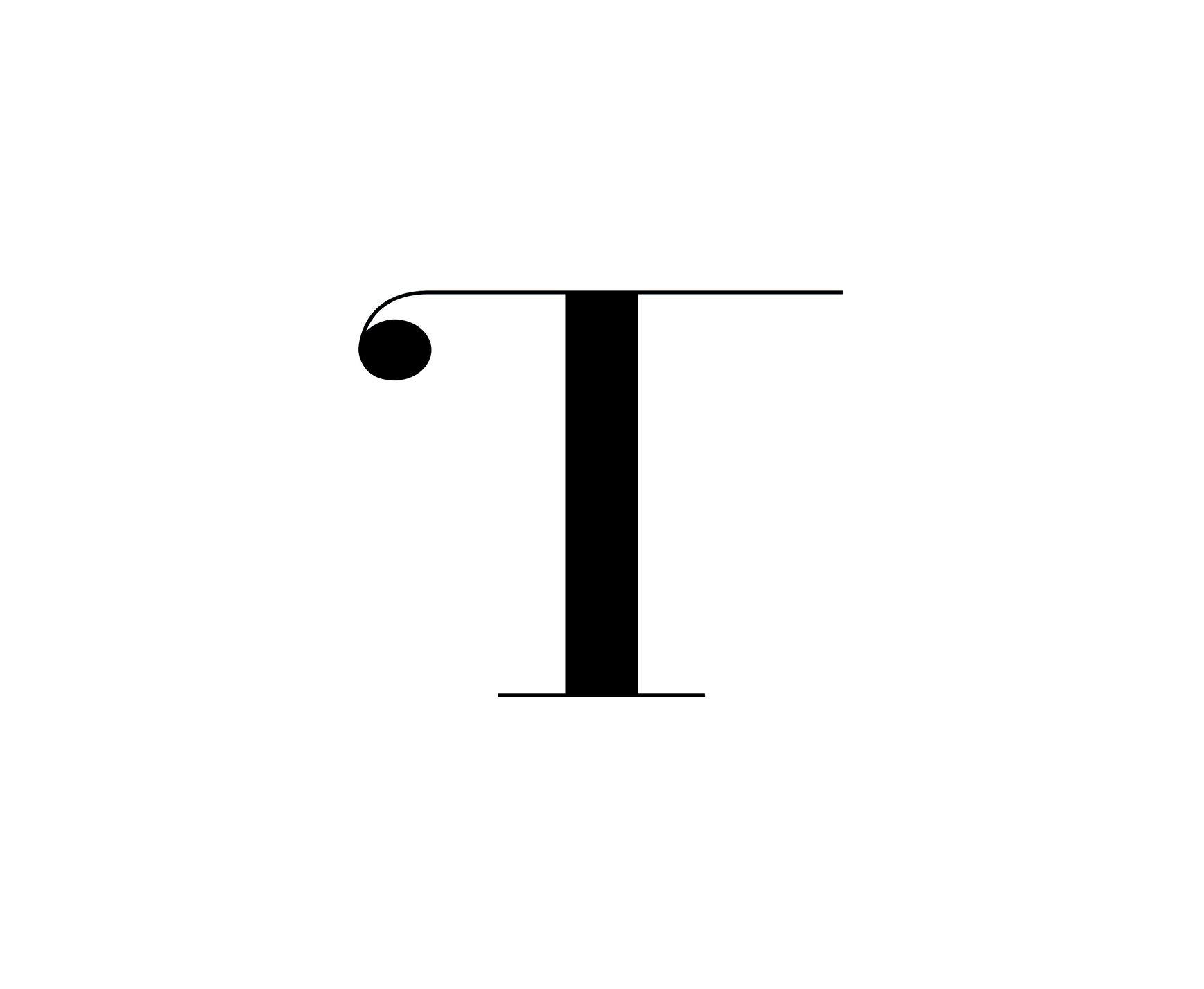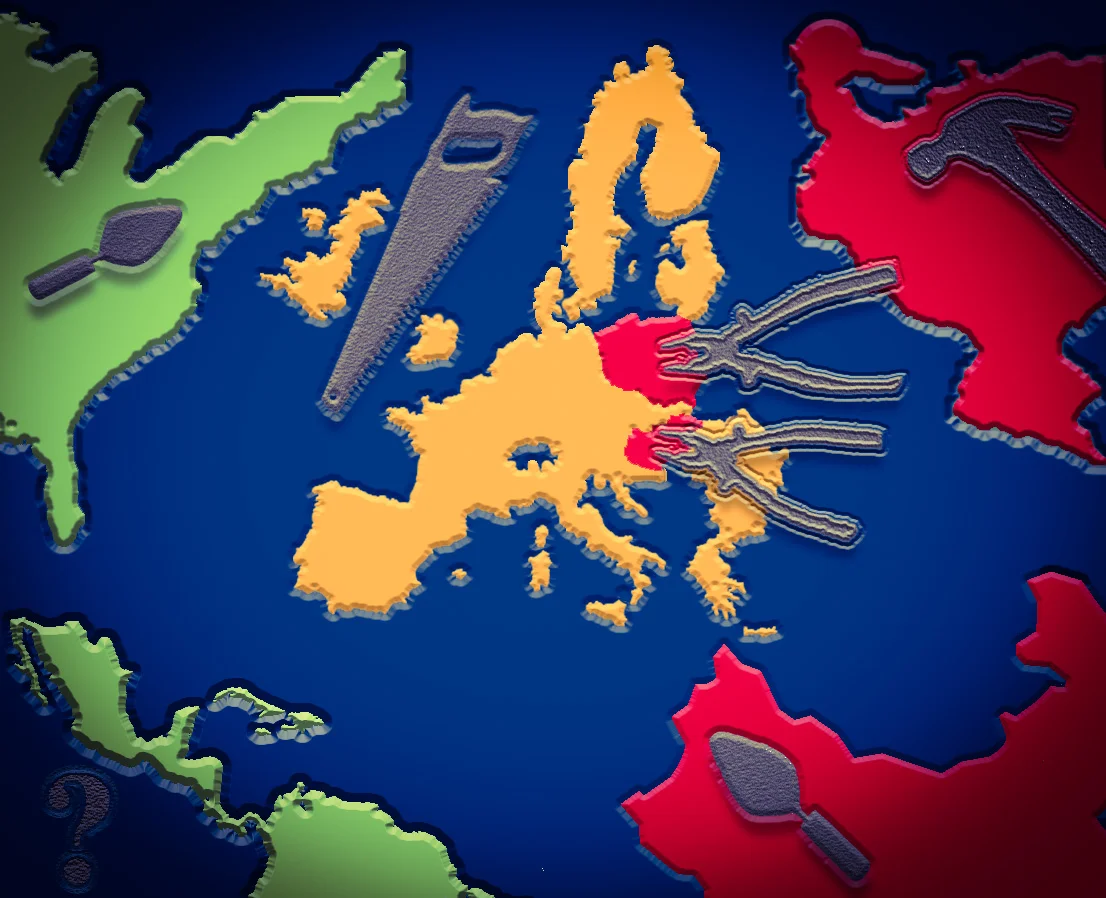The European Union: A Project To Save Itself
Post-Brexit, the long-term future of the EU is at stake.
Now that the United States under the Trump presidency is intent on relinquishing its status as a global superpower, a multi-polar world without a dominant leader is an unquestionable reality for the coming years, or what noted political scientist Ian Bremmer calls the G-Zero Era.
In turn, the defense of liberal democracy, openness, and human rights in this era now falls disproportionately on the shoulders of the European Union. This will be a risky enterprise without long-overdue adjustments to its present formation.
The largest Eurozone countries (Germany, France, Italy and Spain) must realize that it is crucial to emphasize cohesion within their common interests and cross-border policies. Current members should acknowledge that radical populism must be countered with credible strategies for both national and regional levels of autonomy and sound political representation, as well as initiatives for strengthening the transition between education and work.
For most EU countries, it will be essential to reconcile the importance of cultural preservation and identity with pluralistic, inclusive values. This is why recovering the trust of Europe’s middle classes should be just as important as encouraging economic opportunity, as well as overhauling the conditions for migrant assimilation, especially now that the influx of refugees has slowed. Policy makers must encourage a more inventive approach to economic integration, as means to enhance a continental trading bloc with shared foreign policy goals.
Regarding the ongoing situation in Poland and Hungary—member states accused of violating EU principles through authoritarian measures—the answers are more complex. Brussels has already initiated a formal process against anti-democratic developments in Poland, but faced with populist backlash against EU interference, legal and political pressure can only go so far.
Long-term compliance with basic EU tenets will depend on how financial support for offending states is handled: fines or funding restrictions should be considered on a case-by-case basis in order to set a necessary precedent. In central Europe, it should be made clear that EU membership is not a blank check to dismantle the democratic gains made over the last two decades.
This type of precedent will be essential in determining the course of future EU enlargement toward the Balkans, an endeavor that must be cautious of Moscow’s sizeable influence in that geographic region.
Currently, negotiations with countries like Serbia, Montenegro, Bosnia and Herzegovina, and Albania appear to be more conditional than usual—and based on working economic partnerships and anti-corruption measures, as opposed to controversial security agreements. The possibility of a provisional membership period could also be raised, in order to encourage the long-term viability of accession-friendly reforms in these countries.
Ultimately, EU institutions in Brussels must also be subject to higher accountability and bureaucratic reduction, particularly if they are to maintain credibility while current trends point to growingly decentralized forms of governance.
With the looming end of the United Kingdom’s substantial contributions to its budget, the European Union should seize the opportunity to streamline its institutional capacities and establish realistic priorities for the coming decades.
At a time when reform, cooperation, and stability are paramount to the future of the EU project, overstretch should be avoided at all costs. Balancing national sovereignty with an ambitious continental community has never been simple.
But safeguarding liberal democracy against a new wave of populism and autocracy—both within and abroad—will require a pragmatic agenda to safeguard the future of the union and what it stands for.






